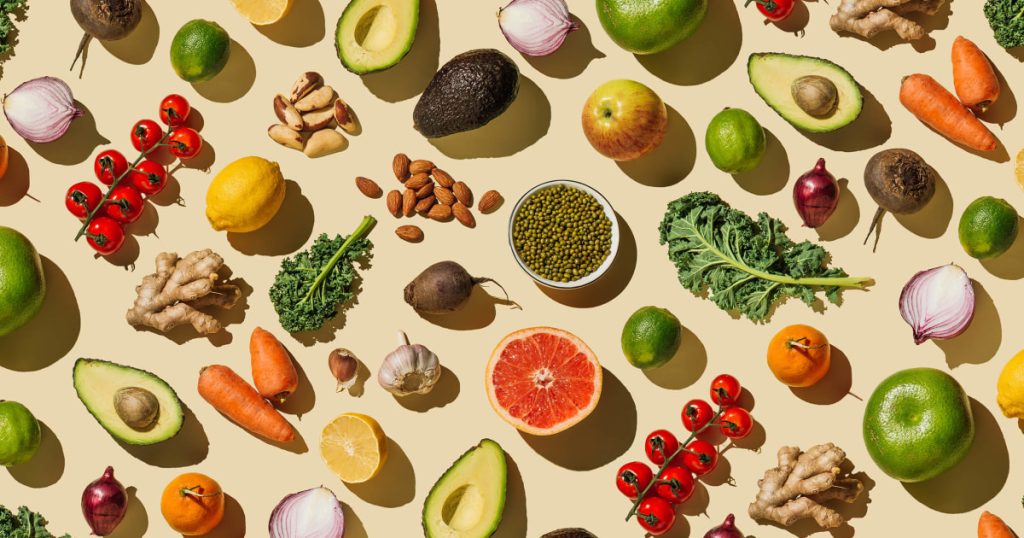Fiber is essential for overall health, playing a role in promoting regularity, blood sugar regulation, heart health, and weight management. However, only 5% of the population eats enough fiber daily, according to the National Institutes of Health. Fiber is abundant in plant-based foods such as whole grains, fruits, vegetables, beans, legumes, nuts, and seeds, which also provide other essential nutrients like vitamins, minerals, antioxidants, and healthy fats. Including high-fiber foods in your diet can have numerous health benefits.
Some dietitian-picked high-fiber foods include oats, sweet potatoes, chia seeds, chickpeas, avocados, lentils, broccoli, cauliflower, apples, pears, raspberries, black beans, Medjool dates, air-popped popcorn, flax seeds, beets, almonds, peas, cabbage, and brown rice. Each of these foods offers a different amount of fiber, as well as other essential nutrients like vitamins, minerals, and antioxidants. Incorporating these foods into your meals can help increase your fiber intake and improve your overall health.
Oats are rich in a unique fiber called beta-glucan, which has been shown to lower cholesterol levels. Sweet potatoes are a good source of fiber and provide essential vitamins and minerals. Chia seeds are high in fiber, crunchy when dry, and form a gel when soaked in liquid, making them a versatile addition to meals. Chickpeas offer fiber, protein, and iron, and can be added to salads, soups, or eaten as a crunchy snack.
Avocados provide fiber and healthy fats that help regulate appetite. Lentils are a nutrient powerhouse, providing plant-based protein and fiber. Broccoli is a popular vegetable packed with fiber, vitamins, and minerals. Other high-fiber foods like cauliflower, apples, pears, raspberries, black beans, dates, popcorn, flax seeds, beets, almonds, peas, cabbage, and brown rice offer a variety of health benefits and can be incorporated into a balanced diet.
Including a variety of high-fiber foods in your diet can help improve digestion, regulate blood sugar, lower cholesterol, and support heart health. These foods are not only nutritious but also delicious and easy to incorporate into your meals. By focusing on fiber-rich foods and making conscious choices about your diet, you can take steps towards improving your overall health and well-being. Whether adding more fruits and vegetables, whole grains, or legumes to your meals, each choice can make a difference in your daily fiber intake and contribute to better health outcomes.













